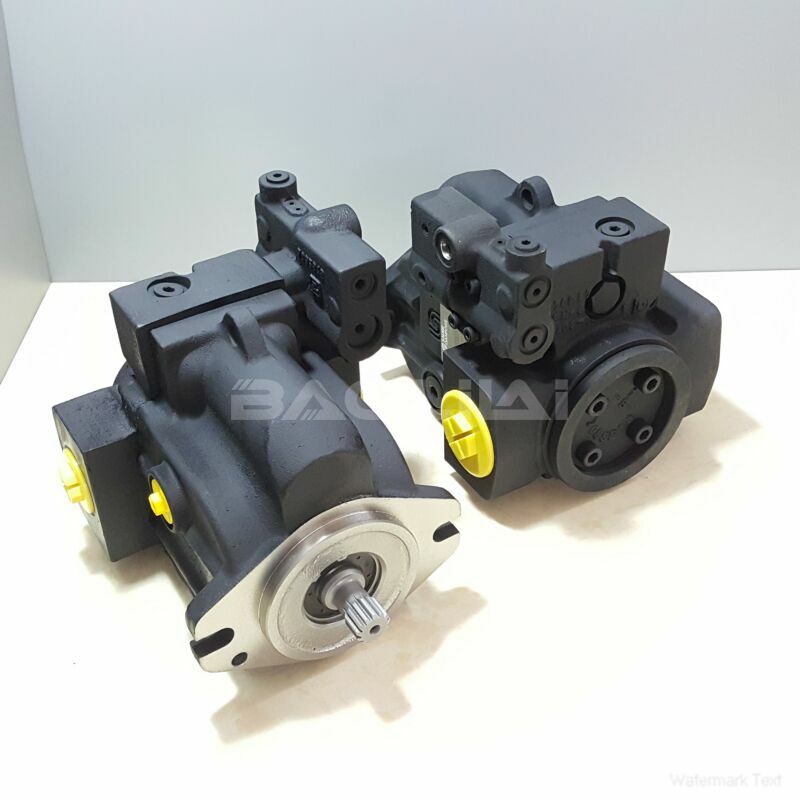LRR025CPC21NNNNN3K1BGA6NAAANNNNNN hydraulic pump
LRR025CPC21NNNNN3K1BGA6NAAANNNNNN hydraulic pump

- Product Details
- Applicable Scene
In the fast-paced world of pharmaceutical research, precision and accuracy are paramount. The development of new drugs and therapies is an intricate process that demands meticulous attention to detail, as even the slightest variation in measurements can lead to significant discrepancies in outcomes. One of the indispensable tools in modern laboratories is the high-pressure pump, which plays a crucial role in ensuring the reliability and accuracy of research findings.
LR-R-025C-PC-21-NN-NN-N-3-K1BG-A6N-AAA-NNN-NNN
LRR025CPC21NNNNN3K1BGA6NAAANNNNNN
High-pressure pumps are specialized devices designed to generate and maintain high pressure in liquid systems. In the context of pharmaceuticals, these pumps are essential for a variety of applications, including high-performance liquid chromatography (HPLC), solvent delivery, and biochemical assays. By providing a steady and controlled flow of liquids, high-pressure pumps significantly enhance the precision of laboratory procedures.

83045891
One of the key benefits of high-pressure pumps is their ability to maintain a consistent flow rate. In many analytical methods, especially HPLC, achieving a stable flow is critical for obtaining reproducible results. Variations in flow rate can lead to inconsistencies in retention times and peak areas in chromatographic analysis, ultimately affecting the accuracy of concentration measurements. High-pressure pumps ensure that laboratory technicians can rely on stable fluid delivery, thus minimizing variability and enhancing precision in data acquisition.
Another advantage of high-pressure pumps is their capacity to handle viscous or complex solutions. Pharmaceutical research often involves the use of dense or reactive substances that require optimized processing. High-pressure pumps can effectively manage these challenging materials, allowing for seamless integration into various analytical workflows without compromising the integrity of the sample. This adaptability ensures that researchers can carry out experiments without the threat of pump-related issues, which might otherwise introduce errors.





